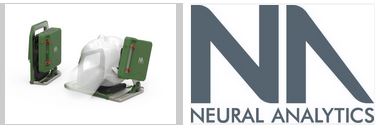
By Debbie Gregory.
If Lockheed Martin is able to deliver on its laser weapon system in development, the U.S. Air Force may boast a fleet of fighter jets that can shoot lasers from a small, compact cannon.
As part of the Laser Advancements for Next-generation Compact Environments (LANCE program ) the $26.3 million contract with the Air Force Research Lab should result in a weapon system that is not only compact, but also light enough to be mounted on fighter jets.
Currently, most of these systems are limited to ground and sea use due to their weight and size. Such is the case for the ground vehicle–mounted system that Lockheed Martin just delivered to the U.S. Army that can burn through tanks and knock mortars out of the sky.
Lockheed Martin will be adapting the system it developed for the Army to address the challenge of self-protection against ground-to-air and air-to-air missiles.
The program’s work will be divided among three subsystems: the Shield Turret Research in Aero Effects (Strafe) includes the beam control system; the Laser Pod Research and Development (LPRD) will power and cool the laser on the fighter jet; and finally, the LANCE laser itself.
“The ability of a helicopter or bomber or fighter jet to shoot down or sufficiently damage or distract an incoming missile could allow them to operate in places they haven’t been able to operate recently,” said military analyst Peter Singer.
Raytheon became the first company to destroy a target with a laser fired from a helicopter at White Sands Missile Range when an Apache AH-64 shot a truck from more than a mile away. Raytheon is also building a laser-firing, drone-killing dune buggy. Boeing has its own anti-drone laser cannon.
Under the terms of the contract, Lockheed Martin plans to test a high-energy laser weapon mounted on a fighter jet by 2021.











